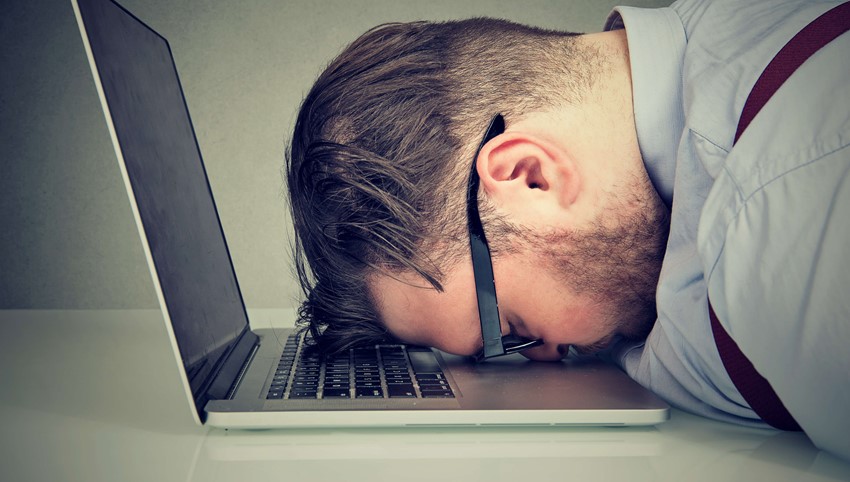
This week is National Stress Awareness week, and we’re using that platform to explore stress in the workplace. Good stress awareness and management at work is important. We all know that some days are bound to be tougher than others, but it’s important that a bad day doesn’t snowball into longer-term feelings of pressure and anxiety.
Stress and anxiety at work can lead to mental health issues, or make existing problems worse with your personal life or general health. Mind UK have developed some tips for coping with stress in your job.
Recognising signs of stress
How can you tell if you’re chronically stressed? You might feel anxious, nervous, irritable, uninterested or lonely. We all find it difficult to switch off from a long day at work, but if you start to dread going in the next day, or you’re unable to enjoy yourself outside of work, it may have become a bigger problem.
Work out what you find stressful
This may be easier for some people than others, but it’s important to work out what is causing you stress. Talk to anyone you think could help: your manager, your colleagues, or your HR department. Develop good relationships with your co-workers and you may discover that others are feeling the same.
Ask for help
Everybody finds work difficult sometimes. Discuss your workload with your boss, and talk about setting realistic targets and potential issues you’re having. It’s unlikely that this is the first case they’ll have dealt with, but they can’t help you if they don’t know you’re struggling.
It can be hard to admit to being stressed at work, through fear that your employer or colleagues will think less of you. But stress can happen to anyone and it’s not a sign that you’re weak. Good employers will be aware of stress-related issues and many have policies in place to help deal with them.
By Stuart Haydock, Organisational Psychologist and Resilience Lead, Bupa UK
Develop end of day habits
Set aside 10 minutes at the end of every work day to do something different, e.g. tidying your desk or writing a to-do list for the next day. This can help refocus your mind and switch off from work.
Balance your time
Longer hours are sometimes needed to get something done at work, but try and balance this with some time off later on. Try not to do too much at once, and prioritise your tasks so you can give each one your full attention, and learn to say no if it’s all getting too much.
Physical health is just as important
When work is tough, the last thing you want to do is exercise, but eating well, getting moving, and getting a full night’s sleep will look after your body and make you feel stronger.
It’s important to remember: Some coping techniques will help, and some won’t
Everybody is different, so some coping techniques may work for you, and some may not. As soon as you feel pressure building, try something different and continue to look into different techniques that could ease your stress.
